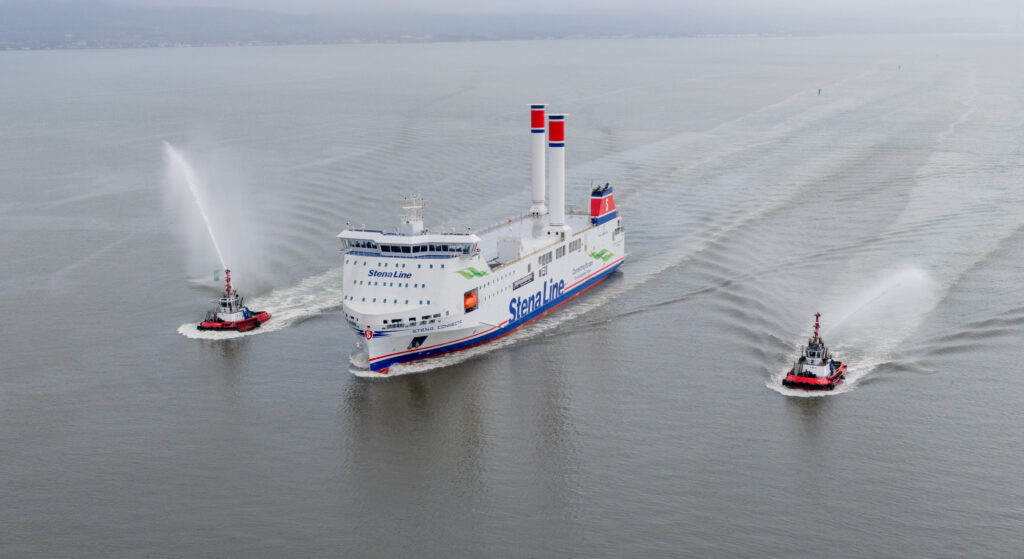The UK government must set a target of 2050 for a net-zero emissions economy, but they must ‘significantly ramp-up’ policies on major polluters if it is to be credible, warns the Committee for Climate Change (CCC).
However, their report, which was commissioned by the UK, Scottish and Welsh governments following last year’s Intergovernmental Panel on Climate Change (IPCC) report on climate change, says the target is achievable providing politicians put in place ‘clear, stable and well-designed’ policies across the emitting sectors of the economy such as transport, agriculture and industry.
The government was criticised earlier this year when they released their much-delayed Clean Air Strategy, which other than reaffirming their pledge to ban the sale of new petrol and diesel cars from 2040, included little in the way of policy detail regarding transport or industry, with groups including Friends of the Earth and the British Lung Foundation saying it didn’t go far enough.
Regarding transport, the CCC report says the government should move forward the 2040 date for petrol and diesel cars to 2030 whilst ensuring vehicle and fuel taxation incentivises fleet operators to buy zero-emission trucks and lorries, weeks after the government decided against closing a tax ‘loophole’ that allows large private businesses to pay over five times less tax on diesel than normal.
The report also recommends the rapid implementation of Carbon Capture Storage technology for industry, calling it a ‘necessity and not an option’.
It also says farmers should be given subsidies to cut down on ammonia emissions, currently a major cause of air pollution in the UK.
Lord Deben, Chairman of the Committee on Climate Change, said cutting emissions requires a ‘serious response’ from government, who must ‘set the direction and provide the urgency’.
‘The great news is that it is not only possible for the UK to play its full part, we explain how in our new report, but it can be done within the cost envelope that Parliament has already accepted,’ he said.
‘The government should accept the recommendations and set about making the changes needed to deliver them without delay.’
The report says Scotland has greater potential to remove pollution from its economy than the UK overall, and can credibly adopt a more ambitious target of reaching net-zero greenhouse gas emissions (GHGs) by 2045.
Wales should adopt a target for a 95% reduction in greenhouse gas emissions by 2050, compared to 1990 levels.
The report added that overall costs of the transition to a net-zero economy are manageable but must be fairly distributed across all sectors and be perceived as fair, with The Committee recommending that the Treasury reviews how the remaining costs of achieving net-zero can be managed in a fair way for consumers and business.
Jonathan Bray, director of the Urban Transport Group called the report ‘unequivocal’.
‘Achieving net zero carbon emissions by the middle of the century is possible and affordable, but national policies must be ramped up to make this target credible,’ he said.
‘Nowhere is this more apparent than in the transport sector – the single biggest contributor of UK greenhouse gases. The Committee has set out a clear route map for how to tackle transport emissions, from stronger ambition on electric cars and vans, further encouragement of walking, cycling and public transport to avoid car dependency, and a rolling programme of rail electrification – measures we support.’
















